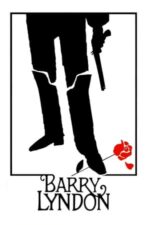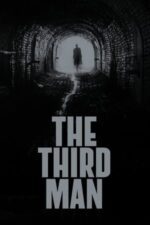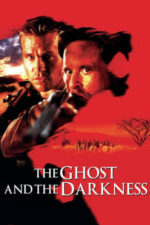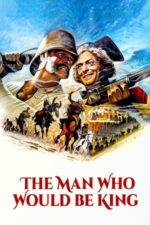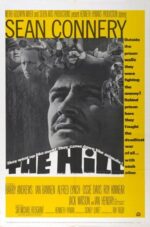Beyond the Uniform: Exploring the British Army on Film
Right, let’s talk about the British Army in film. It's a surprisingly rich and complex subject, isn't it? We often see soldiers portrayed as stoic heroes or hapless victims, but cinema offers so much more than just simple narratives of bravery and sacrifice. The army, particularly the British one, has been a recurring motif reflecting societal anxieties, colonial ambitions, and evolving ideas about duty and honor – sometimes in ways that are deeply uncomfortable to confront.
What struck me immediately when considering this topic was What They Found. That film is absolutely essential viewing if you want to understand the psychological toll of war, especially when it’s intertwined with documenting atrocities. Seeing those young soldiers, tasked with filming the liberation of Belsen, and witnessing their reactions…it's profoundly affecting. It strips away any romantic notions of military service and lays bare the human cost of conflict. It’s a stark contrast to some earlier portrayals, which tended to gloss over the darker realities.
Then you have films like The Four Feathers, which, while leaning into more traditional adventure tropes, still grapple with themes of honor and redemption within a military context. It's interesting how that concept of "honor" has shifted over time – from the rigid codes of conduct in Victorian-era narratives to the more nuanced understanding we have today. Think about Barry Lyndon, too. Kubrick’s masterpiece isn’t about the army directly, but it brilliantly illustrates the social climbing and ambition that often drove men into military service during that era. Redmond Barry's relentless pursuit of status mirrors a broader societal pressure to achieve respectability, even if it meant shedding one's identity – something we see echoed in other historical contexts.
And let’s not forget the sheer absurdity! Morons from Outer Space might seem miles away from serious military drama, but it cleverly satirizes authority and discipline through its chaotic alien antics. It reminds us that even within structured institutions like the army, there's always room for a bit of playful rebellion – or disastrous consequences when things go wrong.
Finally, The Man Who Would Be King offers a fascinating perspective on British imperialism and the dangers of assuming cultural superiority. The two adventurers’ hubris is ultimately their downfall, highlighting the complexities of colonial power dynamics. It's a cautionary tale about projecting one's own values onto others – something that has shaped Britain’s military history in profound ways.
So, next time you're looking for a film to explore beyond the battlefield heroics, consider these examples. They offer a fascinating window into British society and its complicated relationship with its army - from documenting unimaginable horrors to poking fun at rigid structures, there’s something here for everyone. What do you think? Any other films that spring to mind when you consider this theme?






















